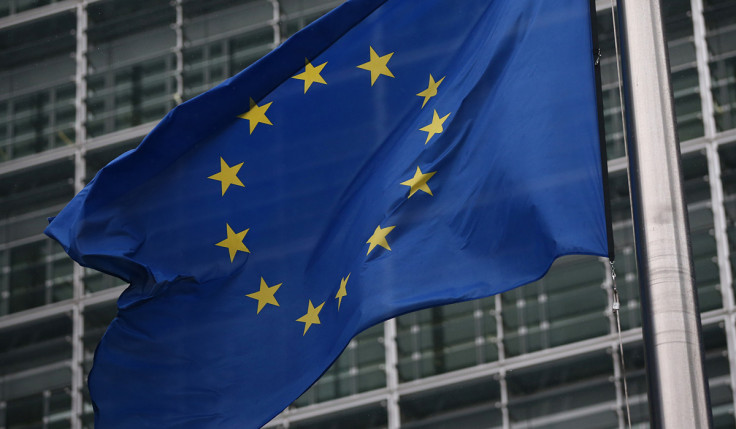Panama Papers: EU will force multinational companies to reveal hidden tax affairs

Multinational companies operating in the EU will be forced to reveal their tax arrangements as part of a bid for more transparency in the wake of the release of the Panama Papers. Under the proposals unveiled in Strasburg, large companies with annual revenues topping more than €750m (£600m, $858m) will be required to show where they pay tax on a country-by-country basis.
Non-European companies who trade in Europe, such as Amazon, Google and Apple, will also have to show how much tax they pay outside the EU, including information on where tax is paid in "problematic jurisdictions" such as countries used as tax havens.
The new plans will require information from these tax havens on a "disaggregated basis" as part of plans to expose efforts to avoid tax.
The proposals, which still need to be approved by the European Parliament and European Council, were drawn up by European financial stability commissioner Lord Hill in the wake of the Mossack Fonseca leak which detailed how billions can be hid in offshore accounts.
Speaking ahead of the launch of the proposals, Hall said that while the plan was "principally" based on the back of the leak of millions of documents exposing how high-profile figures use tax havens, he added: "There is an important connection between our continuing work on tax transparency and tax havens that we are building into the proposal."
An EU spokesperson confirmed how the country-by-country reporting rules already apply to banks, mining and forestry companies and, under the new proposals, that requirement would be expanded to cover companies accounting for about 90% of corporate revenues in the EU. The proposals are hoping to be in place by 2018.
Writing in the Irish Times, Hall and Valdis Dombrovskis, European Commissioner for the Euro and social dialogue, said: "In the fallout from the Panama Papers, one of the issues that has rocketed up the agenda is the question of tax transparency. Today, the European Commission is bringing forward proposals to increase tax transparency for multinationals operating in Europe, to shine a light into the complex and sometimes murky world of international tax."
According to the EU, aggressive corporate tax planning costs the bloc between €50bn and €70bn a year.
Mossack Fonseca director Ramon Fonseca has denied any wrongdoing. He said the firm had suffered a hack on its database and described the leak as "an international campaign against privacy".
© Copyright IBTimes 2025. All rights reserved.






















